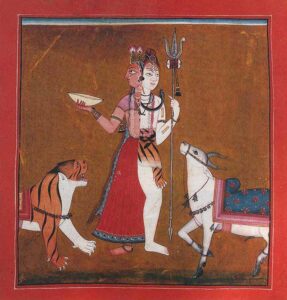
Last year Ven. Vimala started looking into the possibilities for ordination for transgender and intersex people. The paper is now published on Academia.edu.
Transgender and intersex people, and at times other LGBTIQA+ people, have been excluded from ordination as a Buddhist monastic in the Theravāda tradition. This exclusion is the result of what I will show is an erroneous reading of several Pali terms–paṇḍaka and ubhatobyañjanaka–in the monastic disciplinary code (Vinaya Piṭaka) of the Theravāda tradition. The fact that certain groups of people are unable to obtain monastic ordination based on terms that are so little understood creates a barrier for all LGBTIQA+ people who come to Buddhism seeking refuge from suffering.
When studying the Buddhist scriptures, especially where there are groups of people who are marginalized, it is important to understand where and under which circumstances these concepts and interpretations have originated. I will show that these terms have their roots in Vedic mythology and provide a fresh insight into the ancient Asian paradigms for gender identities. Here we find the living proof of evolving ideas on sex, sexuality and gender that are very different from our Western concepts. And here we find that these terms are intimately bound up with the deeply ambivalent attitude towards women and women’s sexuality in ancient India.
In this paper I will first trace the emergence of these–and other gender-specific–terms in Vedic, Brahmanic and Jain scriptures and their changes over the centuries. I will then discuss the occurrences of these terms in the Pali and Chinese Vinayas and compare these with the understanding of the contemporary ‘religious others’ to come to a deeper understanding of what the terms paṇḍaka and ubhatobyañjanaka really meant at the time these passages were written and the reasons why these are said to be barred from ordination.
Finally I will show that neither these terms, nor any other regulations in the Vinaya, can be used as a justification to exclude candidates from ordination based on their sex, sexuality or gender.


 Deutsch
Deutsch Français
Français Nederlands
Nederlands